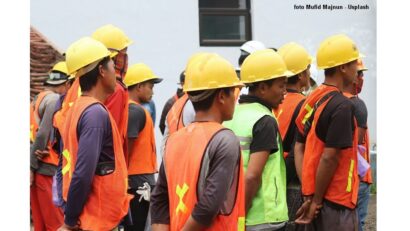Digital Competences in Romania
In terms of digitalization, Romania is a country of paradoxes.

Christine Leșcu, 14.09.2016, 13:03
When it comes to Romanians IT and digital competences, precise and verified data tend to mix with the less plausible and hard-to-check data, ranging from the speed of the Internet connection and the Romanian high school students notable achievements in international IT Olympiads to the myth according to which, in Silicon Valley, the second most widely spoken language is Romanian. What we could say at a first glance is that, in terms of digitalization, Romania is a country of paradoxes, as Veronica Stefan, the representative of the NGO ‘Social-Doers has said. Romania has some of the best IT specialists in the world although 43% of Romanians do not have digital competences.
Here is Veronica Stefan with details: In Romania, digital technology is used extensively, mostly for social networks. In this respect we are 3rd placed among EU member states, yet we are bottom of the table as regards the use of digital technology to access public services. Just as limited is the extent to which Romanians use e-services for Internet banking and online shopping. On the one hand, unemployment among youngsters is rather high, standing at around 21%, yet there is no unemployment among young people specializing in IT&C. Digital technology is found in many fields such as renewable energy, education, dally life and healthcare. There are many initiatives and very little coordination. There are facilities that we are not aware of.
In the context of Romanian paradoxes and of the technological revolution at world level, we may ask to what extent Romanians are familiar with the digital technology in their professional and personal life, and, more significantly, how they use digital technology at social and economic level. How coordinated are civil societys initiatives to prepare the public at large for a digital future, and to encourage digital entrepreneurship? This sector is growing by the year. In 2015, the IT sector contributed 5.6% to Romanias GDP, rising from 3.4% in 2010. Under these circumstances, the SocialDoers NGO has recently launched, for the first time, a Romanian think-tank made of IT supporters, experts, business people and specialists in public policies. Called “Digital Citizens the initiative is meant to prepare Romanians for a not-so-distant future when digital technology will have a key role in economy and in many other areas of social life. Digital technology does not mean just using the PC and all sorts of gadgets like mobile phones or tablets. Digital technology is used in factories, where robots replace manpower, as well as in medicine, where organs of the human body are already printed in 3D. Google Industry Manager Elisabeta Moraru attended the inaugural conference of the ‘Digital Citizens think tank. She has recently met a group of medical doctors doing their internship.
With details on that, here is Elisabeta Moraru herself: It was a hall packed with interns, to whom I spoke about innovation, not about technical aspects or IT technologies. I presented them with medical products that were printed in 3D and told them that in the future we should create 3D printer factories. Its not our business to produce the 3D products. I spoke to them about 3D-images of body organs and about very many other products. Do you know what they answered? I shall never forget the talk I had with one of the future young women physicians, who replied, ‘And what does that have to do with us?. I was shocked that a future doctor could ask something like that. It is a change of paradigm. I think the future belongs to those who are now in school and will start working in 2030. Skills that well use later in life are formed before the age of 13-14. After that age well only improve these skills. If we do not take the example of other countries where first graders are taught how to move houses or brick blocks on the computer, which is actually the graphic expression of programming, I think we are not giving any chance at all to those who will work in 2030.
Irinuca Văduva is a project coordinator with the European Computer Driving License Office in Romania, which is the most widespread standard of certification of digital competences. She said it is not only children who need to develop their digital competences, but also the adults.
Irinuca Văduva: The European Computer Driving License Office has been fighting a certain mentality for many years now, which tells us we are digital natives. I understand we are overwhelmed by technology, that things that we never imagined are now happening. Yet Romania has a problem, it lives in the digital natives error. Our children are not digital natives, although they are born surrounded by technology. Moreover, if we look at European statistics, the labor market in Romania is not doing well in terms of digital competences, even as regards the basics of PC usage. An integrated approach is needed in this sense. We should not go to extremes and teach children programming at the age of 5, but people should know how to use all these digital devices.
Irrespective of self-perception and the profession you have, digital competences need to be developed. Serban Tir is the technical manager of the Gemini Solutions consortium. He will now share with us his experience of selecting IT specialists.
Serban Tir: Hiring highly skilled people is a difficult task. Companies schedule interviews for candidates, and each candidate has four interviews for employment. Salaries ere huge, sometimes they are even higher than abroad. So, I believe it is worth investing in cultivating these digital competences, since it is the easiest way to have a simpler future and be more efficient from a financial point of view.
Experts are unanimous in advocating the idea that it is not only profitability that is important. Going digital no longer exclusively belongs to the future, but it has become fundamental in many economic sectors.






























